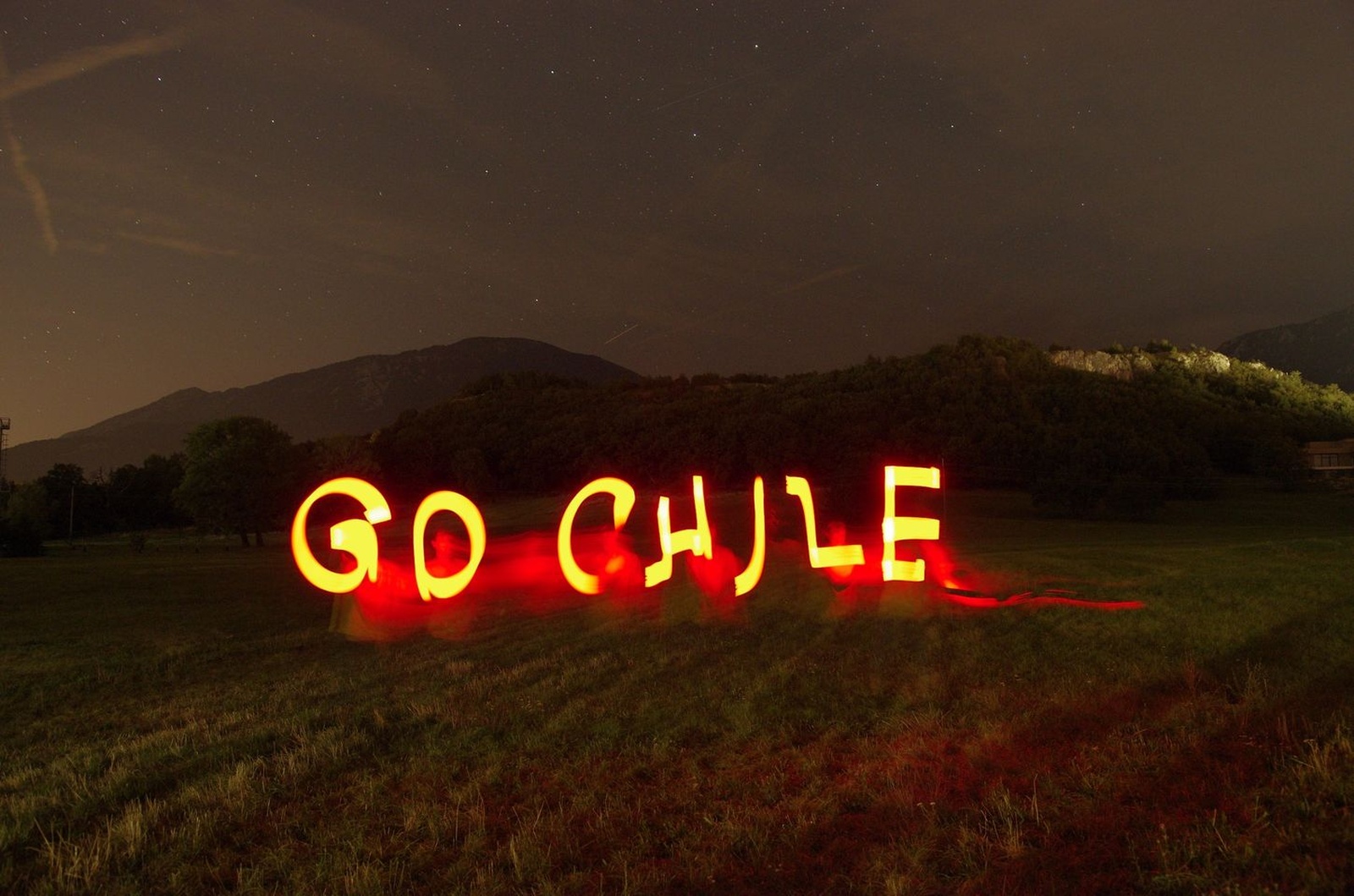Young astronomers at the GoChile international summer school of astronomy
The fourth GoChile summer school of astronomy is taking place between 29 June and 6 July 2025, in Ajdovščina. The school is organised by the School of Science of the University of Nova Gorica and is attended by high school students from 6 countries.

Twenty participants are spending a week living for and with astronomy. With the help of mentors, they plan, carry out and present small research projects, conducting astronomical observations with the GoChile – two remotely controlled telescopes in Chile. They are observing interesting celestial objects such as variable stars, exoplanets, supernova explosions and galaxies.
The students also listen to lectures by researchers from the Centre for Astrophysics and Cosmology at the University of Nova Gorica on various topics in astrophysics, including the use of machine learning in astrophysics, cosmic rays, stellar evolution and cosmology.
During this summer school, high school students are getting to know some characteristics of research work and techniques used in astronomy, thus gaining insight into the work of astronomers. They are guided through the summer school by astronomers from the School of Science and Zavod Cosmolab.
This year, the GoChile summer school of astronomy is for the first time international, with participants coming from Slovenia, Croatia, Serbia, Bosnia and Herzegovina, Montenegro and Hungary. The great interest in the school – as many as 80 applications were received – shows the importance of such opportunities for young people.
GoChile is an educational and non-commercial project of the University of Nova Gorica. It involves two telescopes located at the El Sauce Observatory in Chile, where observing conditions are excellent, and which are remotely operated. The GoChile telescopes are used primarily by students of Physics and Astrophysics undergraduate study program at the School of Science of the University of Nova Gorica. Some observing time is also available for high-school students and amateur astronomers.
